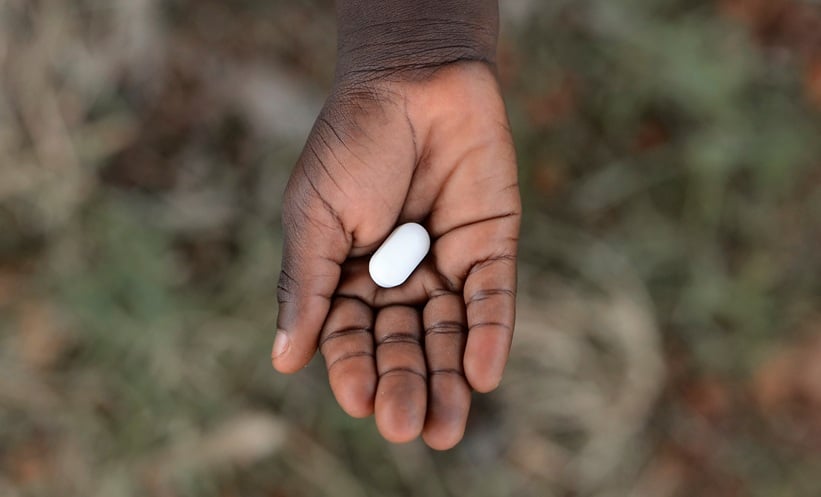A PHASE 4 clinical trial in Uganda has shown that the widely used antimalarial artemether-lumefantrine is less effective than other artemisinin-based combination therapies (ACT), with recurrent malaria linked to parasite resistance mutations.
ACTs remain the cornerstone of malaria treatment, but concerns have grown about declining efficacy in east Africa due to emerging artemisinin partial resistance and weakening partner drug activity. To assess treatment effectiveness, researchers conducted a randomised, open-label trial across three Ugandan districts (Agago, Arua, and Busia) between November 2022–March 2023. Children aged 6 months–10 years with uncomplicated Plasmodium falciparum malaria were randomly assigned to receive artemether-lumefantrine at all sites, or one of three alternative regimens: dihydroartemisinin-piperaquine in Agago, artesunate-amodiaquine in Busia, or artesunate-pyronaridine in Arua. Outcomes were measured by microscopy, with PCR correction used to distinguish recrudescence from new infections.
Of 808 participants enrolled, 793 (98%) completed follow-up. Uncorrected adequate clinical and parasitological response rates for artemether-lumefantrine were notably low, at 51.8% in both Arua and Busia, and 79.4% in Agago. In contrast, alternative ACTs demonstrated substantially higher response rates: 98.0% for dihydroartemisinin-piperaquine in Agago, 99.0% for artesunate-amodiaquine in Busia, and 73.7% for artesunate-pyronaridine in Arua. PCR-corrected 28-day efficacy also highlighted the limitations of artemether-lumefantrine, ranging from 81.5% in Busia to 97.0% in Agago, compared with near 100% efficacy for dihydroartemisinin-piperaquine and artesunate-amodiaquine. All regimens were well tolerated, with adverse events such as respiratory infections, diarrhoea, and anaemia unrelated to study drugs. Importantly, parasites carrying PfK13 Cys469Tyr and Ala675Val mutations exhibited significantly delayed clearance times compared with wild-type strains, implicating resistance as a key driver of treatment failure.
The findings suggest that artemether-lumefantrine may no longer provide adequate first-line therapy in Uganda, with emerging resistance mutations undermining its effectiveness. Consideration of alternative ACTs for frontline use is now warranted to sustain malaria control efforts.
Reference
Kamya MR et al. Efficacies of artemether–lumefantrine, artesunate–amodiaquine, dihydroartemisinin–piperaquine, and artesunate–pyronaridine for the treatment of uncomplicated Plasmodium falciparum malaria in children aged 6 months to 10 years in Uganda: a randomised, open-label, phase 4 clinical trial. Lancet Infect Dis. 2025; DOI:10.1016/S1473-3099(25)00407-4.








